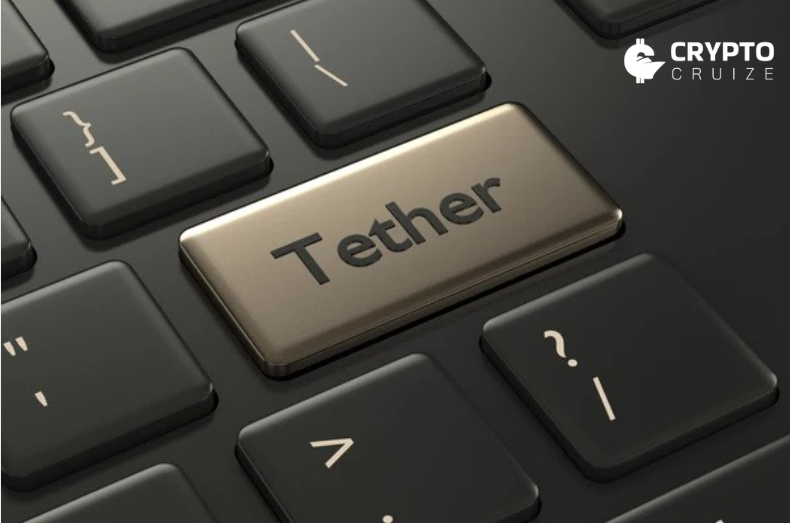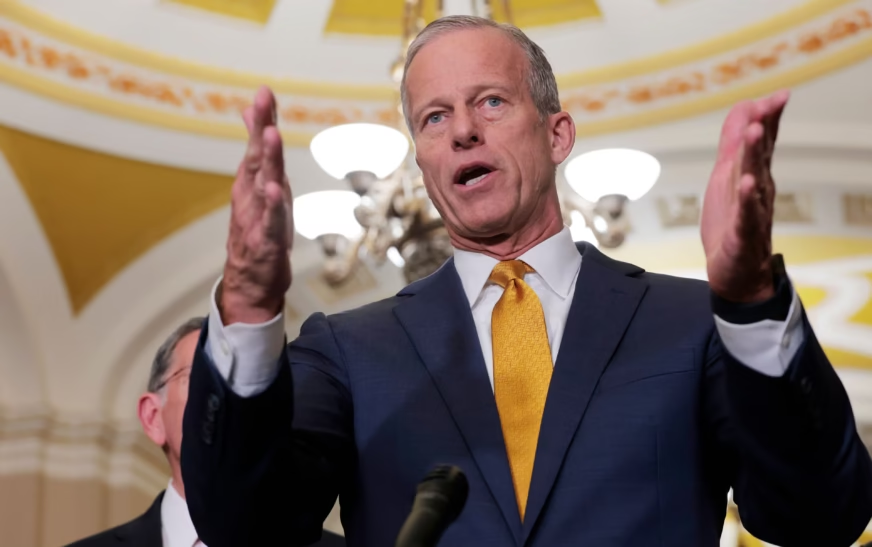The United Kingdom is making a strong play to establish itself as a global hub for digital assets with the unveiling of new draft regulations that align crypto with traditional financial securities law. Announced on April 29 by Finance Minister Rachel Reeves, the proposed framework aims to bring clarity, oversight, and confidence to the crypto sector, positioning the UK as a “safe harbor” for responsible innovation.
A Comprehensive Regime for Digital Assets
Under the new draft regulations, the UK will treat crypto service providers—including exchanges, custody platforms, and staking services—on par with traditional financial institutions. These entities will be required to comply with a full spectrum of obligations such as transparency requirements, capital reserves, anti-market abuse rules, and consumer protection measures.

The legislative basis for this shift is the Financial Services and Markets Act 2000 (Cryptoassets) Order 2025, which introduces six newly regulated activities. These include crypto trading, custody, staking, and other services that have historically operated in a regulatory grey zone.
In contrast to the European Union’s lighter-touch Markets in Crypto-Assets (MiCA) regime, the UK has opted for the full application of securities regulation. Law firm Wiggin notes that this approach subjects digital asset firms to governance standards, disclosure protocols, and capital adequacy norms comparable to those imposed on banks and brokerages.
Clarity as a Catalyst for Growth
For many in the crypto industry, the UK’s regulatory proposal is a welcome change. Dante Disparte, Chief Strategy Officer at Circle (issuer of the USDC stablecoin), praised the framework as a vital step towards building a predictable and trustworthy digital asset economy.

“By signalling a willingness to provide regulatory clarity, the UK is positioning itself as a safe harbor for responsible innovation,” Disparte told Cointelegraph. “What matters most is predictability—a framework that enables firms to build, test, and grow responsibly, without fear of arbitrary enforcement or shifting goalposts.”
This sentiment is echoed by Vugar Usi Zade, COO at crypto exchange Bitget. According to Zade, many firms have hesitated to enter or remain in the UK due to vague definitions and ambiguous requirements. With these new rules, businesses finally receive clear guidance on what constitutes “qualifying crypto assets” and which activities require approval from the Financial Conduct Authority (FCA).

Firms will have a two-year transition period to align their operations with the new standards. While this may increase short-term compliance costs, Zade believes it ultimately allows companies to plan more effectively, roll out products confidently, and invest in local infrastructure.
Stablecoins Redefined: From e-Money to Securities
One of the most significant shifts under the new proposal is the reclassification of stablecoins. UK-issued fiat-backed tokens will now be treated as securities rather than electronic money. This change removes them from the Electronic Money Regulations 2011 (EMRs) and subjects them to more rigorous oversight, including prospectus-style disclosures and strict redemption mechanisms.
While this change may slow the use of stablecoins for everyday payments—by excluding them from the EMRs’ sandbox environment—Disparte argues that long-term predictability outweighs short-term friction. “Predictability is key to fostering responsible growth in the UK,” he said.
Foreign-issued stablecoins may still circulate in the UK, but only through FCA-authorised venues, adding another layer of protection for retail users.
Impact on Foreign Firms and DeFi
Perhaps the most sweeping change involves territorial coverage. The UK’s new rules will require non-UK platforms offering services to UK retail clients to obtain FCA approval, effectively ending the widespread reliance on the “overseas persons” exemption. This move aims to ring-fence the UK retail market and ensure consistent standards across the board.
The regulation also addresses crypto staking, which will now fall within the FCA’s perimeter. Liquid staking, delegated staking, and any setup giving unilateral control over customer assets will require registration. However, solo stakers and interface-only providers are expected to remain exempt.
Zade warns that the definition of staking may be too broad, potentially sweeping in non-custodial DeFi models that lack a clear central entity. He also points to proposed credit card restrictions on token purchases, which could deter retail investors and hurt participation in new token launches.
In addition, bank-grade segregation rules for customer funds—while vital for trust and accountability—may prove burdensome for smaller DeFi startups with limited resources. Zade urges regulators to fine-tune final rules to avoid inadvertently stifling innovation.
Looking Ahead: Final Rules by 2026
The FCA is expected to finalise these regulations in 2026, setting the stage for one of the most robust digital asset frameworks in the world. This timeline gives firms ample time to adapt while providing enough foresight to plan responsibly.
While not without its challenges, the UK’s draft crypto rules mark a decisive pivot toward mainstreaming digital finance. With clarity on licensing, operations, and investor protection, the UK is not just catching up with global crypto regulation—it’s aiming to lead it.















